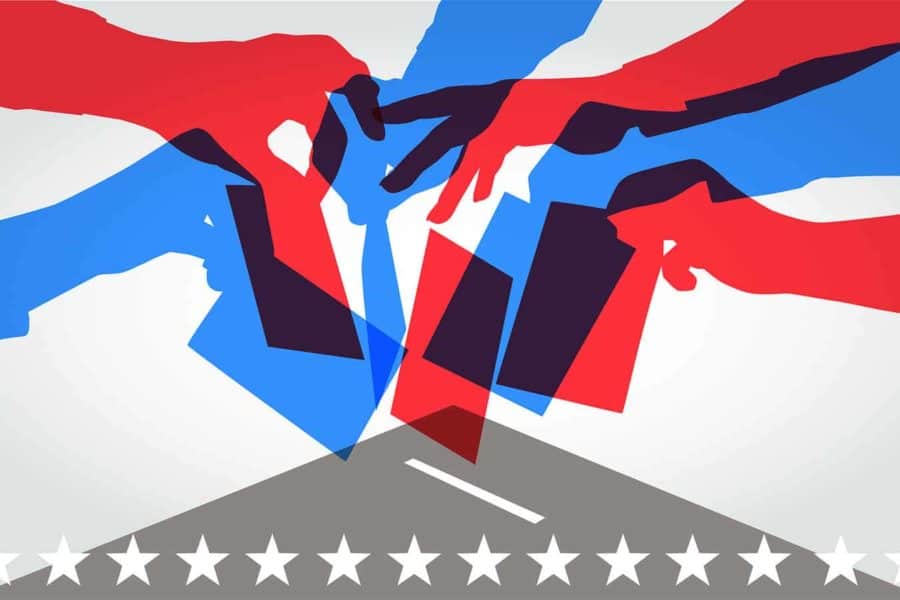A study published in the American Journal of Political Science shows that civic education interventions can work to increase support for democracy, and doing so in the social media context can reach many more people, with potentially much greater overall impact, than was previously the case.
Results from an online randomized trial of approximately 2,000 young adults in Tunisia, a new democracy with a relatively recent authoritarian past, indicated that exposure to online civic education had a positive effect on respondents’ democratic values, political efficacy, and intentions to register and engage in campaign-related political participation.
“Given the trends away from democracy that we are seeing in so many countries around the world, it is imperative that we find ways to forestall this backsliding into autocracy,” said co-author Ericka Rascón Ramírez, MSc, PhD, of Middlesex University, in London. “Our findings indicate that civic education interventions provided through social media platforms can be an effective, and a far-reaching tool, for strengthening people’s commitments to democracy and their rejection of authoritarian rule.”
URL upon publication: https://onlinelibrary.wiley.com/doi/10.1111/ajps.12765
The information contained in this release is protected by copyright. Please include journal attribution in all coverage. For more information or to obtain a PDF of any study, please contact: Sara Henning-Stout, [email protected].
The American Journal of Political Science (AJPS) is committed to significant advances in knowledge and understanding of citizenship, governance, and politics, and to the public value of political science research. As the official journal of the Midwest Political Science Association, AJPS publishes research in all major areas of political science including American politics, public policy, international relations, comparative politics, political methodology, and political theory.

